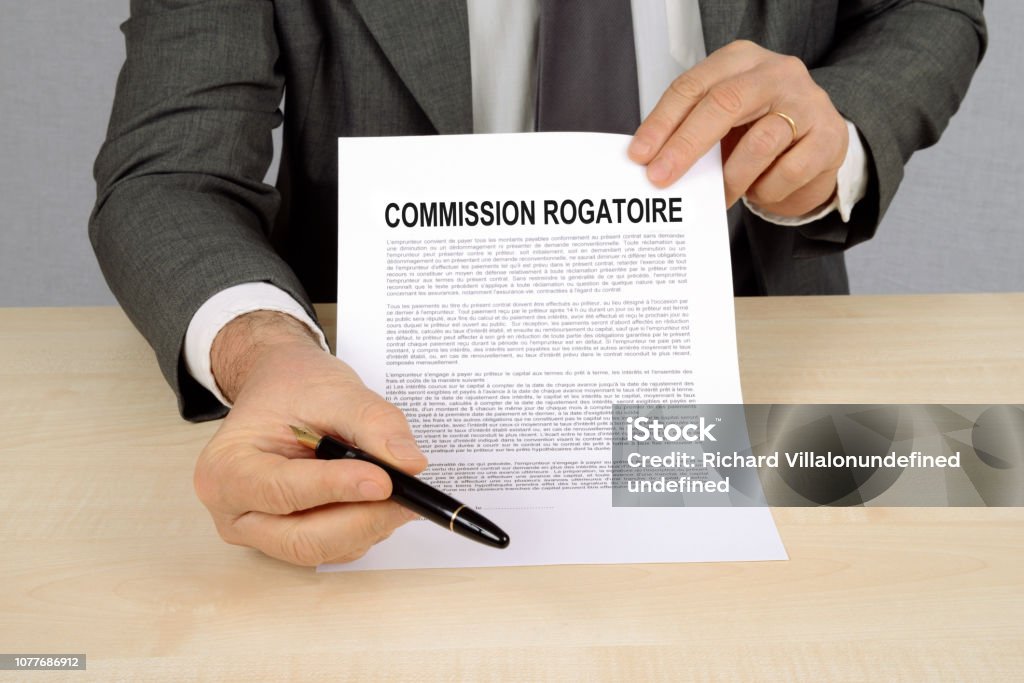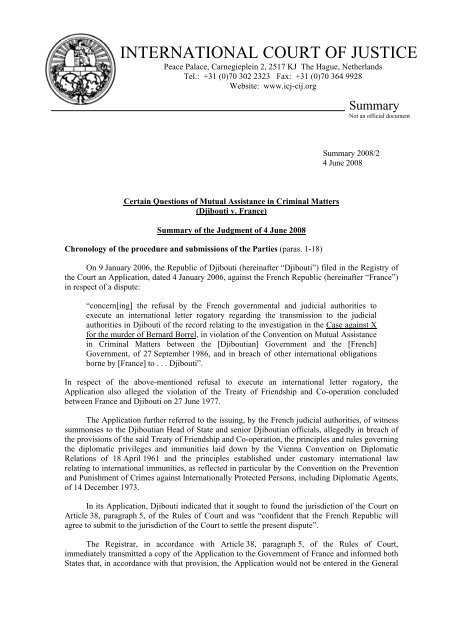Usual Challenges Faced When Carrying Out Letters Rogatory Requests
Usual Challenges Faced When Carrying Out Letters Rogatory Requests
Blog Article
Navigating the Process of Letters Rogatory: A Step-by-Step Overview
Browsing the process of Letters Rogatory is a crucial element of worldwide lawful cooperation that calls for precise attention to information and adherence to details methods. Each action, from preparing the request to maintaining interaction with foreign authorities, plays a vital duty in making sure conformity and performance.
Understanding Letters Rogatory
Recognizing Letters Rogatory involves recognizing their function as official requests provided by a court in one jurisdiction to a court in another jurisdiction, seeking aid in gathering evidence or testimony. These lawful tools promote cross-border teamwork in civil and criminal matters, making sure that proof can be obtained from parties situated outside the requesting territory.
Letters Rogatory work as a vital tool in international lawful process, specifically in situations where direct jurisdictional authority is lacking. They frequently occur in situations entailing complex transnational issues, such as corruption, fraud, or household legislation conflicts. The requesting court describes the certain details or proof looked for and submits this request to the appropriate foreign court, which after that has the discretion to reject the request or give.
The process normally involves adherence to both international and domestic legislations, including treaties that govern shared legal support. It is crucial for lawful experts to recognize the step-by-step nuances and demands of the jurisdiction from which assistance is looked for (Letters rogatory). Failure to conform with these requirements might cause hold-ups, denials, or insufficient reactions, inevitably influencing the result of the underlying lawful issue. Thus, correct understanding of Letters Rogatory is vital for efficient lawful representation in global contexts.
Preparing the Demand
Preparing a request for Letters Rogatory calls for precise attention to detail and a clear articulation of the evidence or testimony sought. The initial action entails recognizing the details info required and laying out the factors for the request. It is necessary to ensure that the request aligns with the lawful requirements and step-by-step demands of both the coming from and receiving jurisdictions.
Next, the request needs to consist of an extensive summary of the celebrations included, the nature of the case, and the specific inquiries to be answered or records to be produced. Clearness is extremely important; each section of the request need to convey its function without obscurity. In addition, it is a good idea to provide context that emphasizes the relevance of the inquired to the recurring process.
Furthermore, the request needs to be formatted according to the guidelines developed by the receiving jurisdiction, which might include language preferences or details documentation needs. Sustaining products, such as testimonies or specialist viewpoints, need to be gathered to corroborate the request. This thorough preparation not just helps with a smoother procedure but also improves the probability of acquiring the preferred evidence or statement.
Submitting the Letter
As soon as the demand for Letters Rogatory has actually been thoroughly prepared, the following essential step entails sending the letter to the ideal authorities in the getting jurisdiction. This entry procedure commonly needs the participation of the Ministry of Foreign Matters or its equivalent, which works as the avenue for international legal support.
It is necessary to make sure that the letter is come with by all required sustaining files, which might consist of certifications, translations, or sworn statements appropriate to the demand. Each territory may have specific needs relating to the format and documents needed, so comprehensive study is essential to promote smooth handling.
Along with physical submission, some territories may additionally allow electronic submissions. In such cases, it is vital to verify that the digital layout lines up with the receiving authority's standards. A cover letter detailing the function of the submission can boost clarity and expedite processing.
Replying To the Request
Reacting to the ask for Letters Rogatory needs mindful attention to detail and adherence to the lawful requirements of the territory included. The procedure usually starts Read Full Report with a comprehensive testimonial of the demand received from the foreign court. This entails comprehending the certain legal questions presented, the proof looked for, and the context of the underlying case.
Following, it is essential to figure out whether the demand straightens with domestic laws and treatments. This may entail appointment with legal advice to guarantee conformity with both worldwide commitments and neighborhood laws. The response might demand event appropriate evidence, which could consist of files, witness statements, or specialist testament.
When the necessary materials are compiled, they have to be organized in a concise and clear manner, mirroring the requirements stated in the original demand. It is additionally necessary to prepare any type of coming with paperwork, such as certifications or testimonies, to confirm the evidence presented.
Tips for Effective Implementation

Begin by composing a precise and thorough letter that lays out the certain proof or testament sought. Clarity in your request is essential; unclear language can cause rejections or hold-ups. Additionally, adhere purely to the procedural needs of the foreign jurisdiction, as each may have special terms pertaining to format and submission.
Establishing open lines of communication with the international authorities can significantly enhance the procedure. Be aggressive in resolving any type of problems or inquiries they may have, as this builds trust and assists in participation. Additionally, think about the timeline for execution; permitting ample time for reactions can relieve pressure and improve results.
Last but not least, continue to be persistent yet person. International legal procedures can be lengthy and complicated, but preserving a specialist attitude throughout enhances the possibility of successful implementation of your Letters Rogatory.
Conclusion
The process of Letters Rogatory acts as a critical mechanism for global legal cooperation. By sticking to developed standards for preparing and sending demands, legal experts can improve the likelihood of acquiring required evidence or statement from international territories. Preserving open communication with relevant authorities better facilitates this procedure. Ultimately, an extensive understanding of the procedural requirements and persistent execution of each step will add to the effective navigating of Letters Rogatory in global lawful matters.

Preparing a demand for Letters Rogatory calls for thorough attention to detail and a clear expression of the evidence or statement looked for. It is essential to guarantee that the demand lines up with the legal standards and procedural demands of both the originating and obtaining jurisdictions.

Report this page